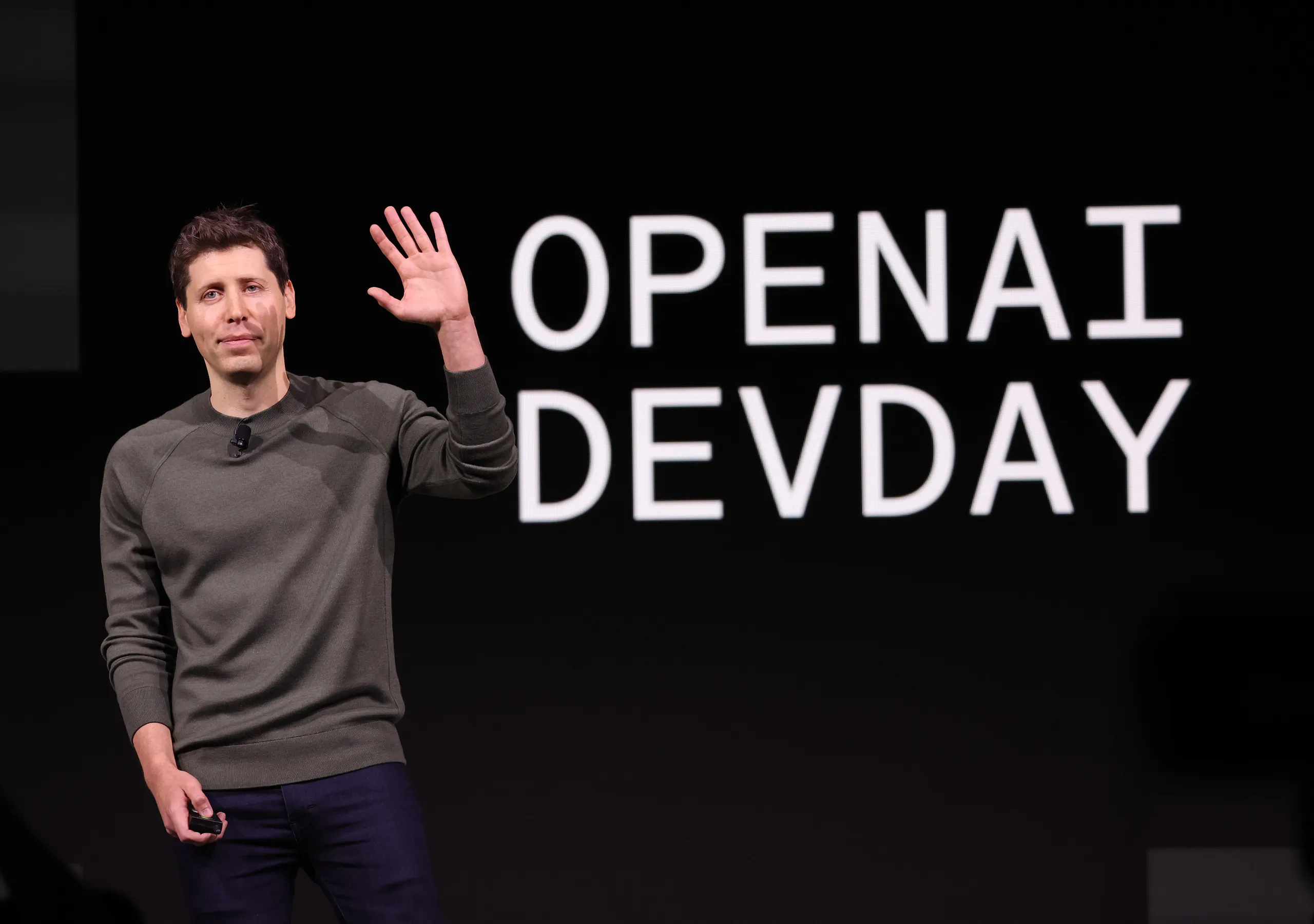In a surprising turn of events, OpenAI, the renowned artificial intelligence research organization, underwent a significant leadership shakeup. The nonprofit board, driven by its mission, ousted one of the company’s top leaders who seemed to be diverting from the organization’s goals. This move, however, has sparked contrasting viewpoints, with some viewing it as a necessary course correction, while others decry it as a power-play by individuals unaware of the true value the company brings.
Key Takeaway
The leadership shakeup at OpenAI reflects a clash of motives, with the nonprofit board aiming to steer the company back on track, while critics question the true motivations behind the decision. Microsoft’s involvement further complicates the situation, with their interests potentially influencing the outcome.
A Clash of Motives and Interests
On one side of the spectrum, we have the board of a nonprofit organization who believed that the ousted leader was deviating from their intended mission. For them, the decision to remove him was guided by a genuine desire to align the company’s actions with their core values. However, there is another perspective that cannot be easily dismissed.
In this alternate viewpoint, critics argue that a group of individuals, lacking a deep understanding of the company’s true value proposition, executed a power-play against the very engine of OpenAI’s success. These detractors argue that the primary motivation behind the ousting may have been to safeguard their considerable investments and prevent any potential loss in value.
Microsoft: A Key Player in the Equation
Adding another layer of complexity to the situation is the involvement of Microsoft. As a major investor in OpenAI, Microsoft possibly had a vested interest in maintaining the status quo. The software giant already held a significant stake in the company and likely wanted to protect its previous investments, given the fruitful outcomes for its own business.
While these viewpoints may appear conflicting, it is crucial to assess the situation from all angles. The nonprofit board’s actions showcased their determination to adhere to their mission, even if it meant making difficult decisions. Conversely, the concerns of those seeing a power-play cannot be ignored, as they highlight the influence of capital and its impact on decision-making processes.
This recent development at OpenAI undoubtedly raises important questions about the dynamics within nonprofit organizations and the role of stakeholders. The ultimate goal of ensuring alignment between mission and actions becomes even more critical when significant investments are at stake.
It remains to be seen how OpenAI will navigate this transition and whether its new leadership will be able to strike the delicate balance between innovation, profitability, and remaining true to the organization’s core values. As the AI landscape continues to evolve, the decisions made in moments like these will shape the future of AI research and development.

























